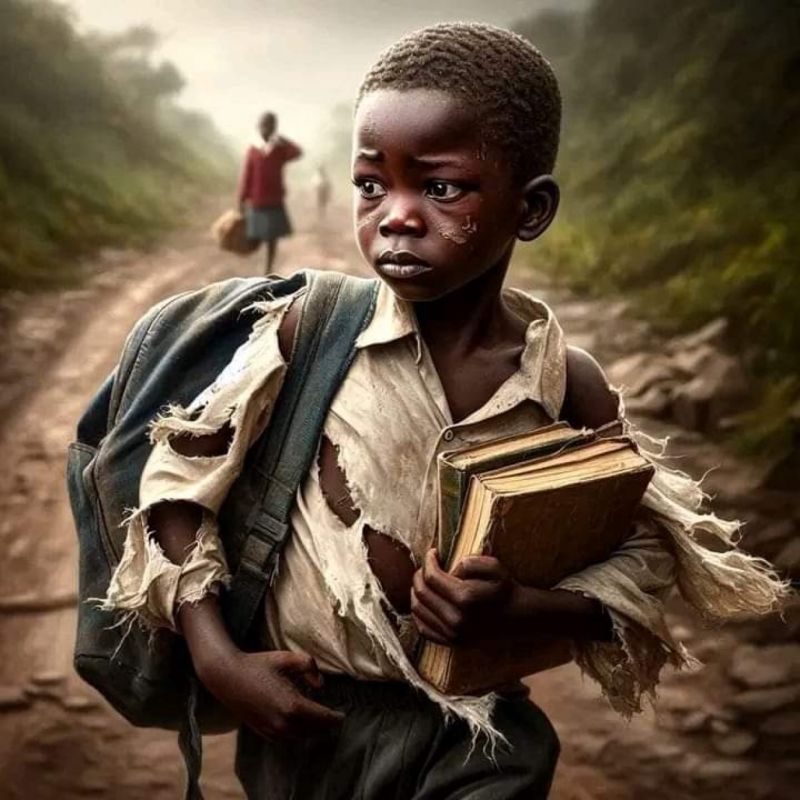In the complex tapestry of human interactions, language has become a lens through which we perceive, label, and categorize ourselves and others. This thought-provoking exploration delves into the intricacies of language and its role in shaping perceptions, particularly in the context of Africans and their global counterparts. From the terminology surrounding migrations to the biases ingrained in linguistic norms, let’s unravel the layers of a discourse that questions our shared humanity.
Blog:
Voyages of Discovery vs. Illegal Immigrants:
The journey from Europe to Africa is romanticized as a “voyage of discovery,” invoking images of exploration and curiosity. However, when the direction reverses, Africans moving to Europe are often labeled as “illegal immigrants,” laden with connotations of criminality and transgression. Here lies the first thread in the fabric of linguistic bias.
Refugees vs. Tourists:
A group of Africans seeking refuge in Europe is termed “refugees,” underscoring their dire circumstances and the humanitarian need for assistance. Contrastingly, a group of Europeans in Africa engaging in leisurely pursuits is benignly dubbed “tourists,” emphasizing their privilege and choice of exploration. Language subtly influences our perception of their circumstances.
Poachers vs. Hunters:
Venture into the bush, and the terminology takes a stark turn. Africans in the same environment are branded as “poachers,” echoing criminality and environmental harm. On the other hand, Europeans engaged in similar activities are adorned with the more benign term “hunters,” implying a connection to nature and tradition.
Foreigners vs. Expats:
Black individuals working abroad are often relegated to the label of “foreigners,” emphasizing their perceived distance from the norm. In contrast, white individuals in similar positions are graciously titled “expats,” conveying a sense of expertise and cultural exchange. The contrast raises questions about the power dynamics embedded in language.
The Language of Intelligence:
One of the most poignant observations centers on language proficiency. When individuals from various countries struggle with English, Africans often face stigmatization, being labeled as unintelligent, illiterate, or even dumb. This reveals a deep-seated bias, where English proficiency becomes a misguided measure of intelligence, perpetuating a harmful narrative.
Breaking the Chains of Mental Slavery:
The blog concludes with a powerful call to action. It challenges the normalized prejudices woven into our language, urging Africans to reclaim their narrative. Embracing native languages and rejecting the imposition of foreign linguistic norms is posited as a path to breaking free from mental oppression.
Conclusion:
In this nuanced examination of language, perception, and identity, we confront the biases embedded in our linguistic choices. The blog invites readers to reflect on the impact of language on our understanding of the world, urging a collective effort to dismantle stereotypes and foster a more inclusive, enlightened discourse.
#AfricanNarrative #LanguageMatters #CulturalPerceptions #MigrationDiscourse #Identity #LinguisticBiases #BreakingChains #Inclusivity #GlobalConversations #AfricanLanguages #ColonialLegacy #HumanityShared
Visit Us
Godinterest Community Fellowship is dedicated to proclaiming Christ and set apart to save and empower lives. Sign-up to receive inspiration to draw closer to God each day.
Our Location: Central London Community Church - Crawford Place, London, W1H 5JE
Regular Meetings Divine Service: Every Saturday from 11:15 AM
Godinterest is sponsored by Dean Jones of Jamaica Homes



